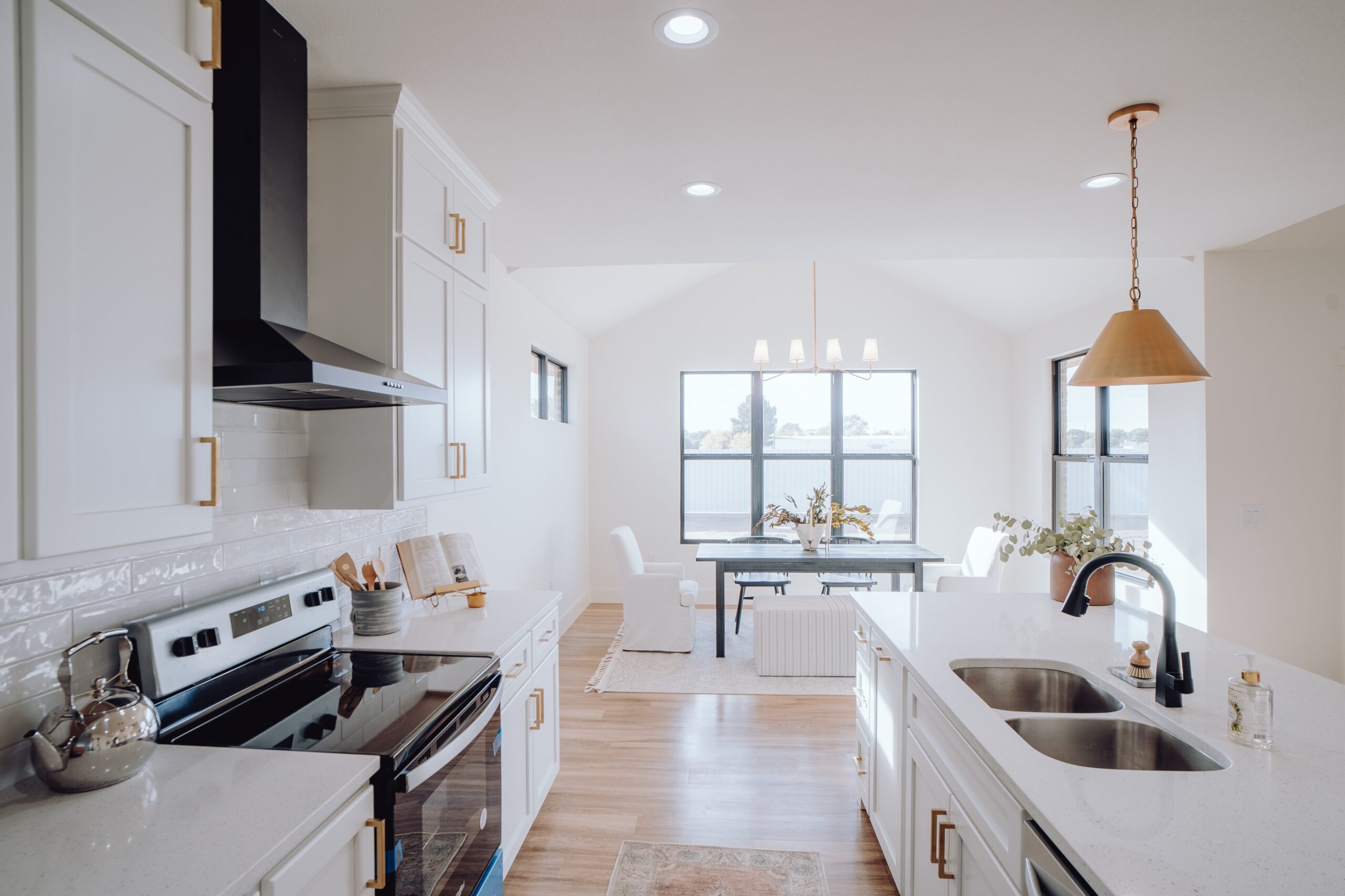Once you are under contract, an inspection will be scheduled. Here are some thoughts on how the process works and some things you might consider doing/not doing leading up to and during the inspection.
-
-
- The inspection will usually take 3 to 4 hours, depending on the size of the home. The inspector will check (among other things) the furnace, appliances, and electrical outlets; he will also inspect the water heater, the roof, and the siding. Most inspectors will also make their way to the attic and if you have one, the crawlspace. And though he likely won’t be an engineer, he will even look at the foundation for obvious signs of problems (cracks, settling, heaving, etc.).
- The buyer of your home will also likely want to know the radon level in the home (also handled by the general inspector). The inspector will place a canister-like device in the lowest livable area of your h
 ome (he would put it in a basement; he would not put it in a crawlspace) and will leave it there for two days. The inspector will either schedule a time to drop off the radon test two days prior to the inspection (and will pick it up when the inspection occurs), or he will pick up test two days after the inspection. Just like the general inspection itself, an appointment will be scheduled for this 2nd visit (the inspector will only be in your home for a few minutes during this second scheduled appointment). If you’d like to read more about radon gas the City of Fort Collins put together this page of resources – it will likely answer any questions you have.
ome (he would put it in a basement; he would not put it in a crawlspace) and will leave it there for two days. The inspector will either schedule a time to drop off the radon test two days prior to the inspection (and will pick it up when the inspection occurs), or he will pick up test two days after the inspection. Just like the general inspection itself, an appointment will be scheduled for this 2nd visit (the inspector will only be in your home for a few minutes during this second scheduled appointment). If you’d like to read more about radon gas the City of Fort Collins put together this page of resources – it will likely answer any questions you have. - When finished, the inspector will provide a report to the buyer detailing his findings. If the buyer is going to ask for any repairs or considerations for inspection issues, we will generally hear within a couple of days following the inspection.
- Unless you aren’t comfortable with the inspector/buyers being in your home without you, it is best if you aren’t present during the inspection. The inspection often serves as a time not just for the inspector to do his job, but also for the buyer to spend extended time in the home. Often, buyers are usually very excited at this point (which is what we want) and are generally excited to see the home again; during this time the Buyer may take measurements for furniture placement, think about improvements they may want to make, etc. This time alone allows them to further “bond” and fall in love with your home. And again, this is a very, very good thing – we want the buyer to bond and fall in love with your home. If you are also there the Buyer will not feel comfortable as comfortable — so, again, it is best if you can take a few hours away from your home while the inspection is taking place.
- Because we want the buyer to love and feel good about the home, and because we know the buyer is likely to show up for the inspection, we suggest treating this time as any other showing. That is, the home would ideally be clean and tidy, the lights would be on, and pets would be gone. We want the home to show as well as it ever has; we want the buyer to feel the same emotion they felt when they saw the home for the first time.
- Finally, an inspector is just like anybody else in that he can be influenced by “feelings.” That is, if the inspector gets the general impression that your home is in good shape (as evidenced by things like clean furnace filters, clean vents, etc.) and has been well-maintained, he will likely paint a slightly better picture to the buyer. If he forms the opposite impression, he may, without knowing, paint a somewhat worse picture to the buyer. To this point, allow us to offer a few thoughts on how to present your home in the best possible light.
Here are a few things you might consider doing in advance of the inspection:
-
-
- If you haven’t replaced your furnace filter in the last few months, do so before the inspection.
- If the furnace is dusty and dirty, give it a quick wipe-down.
- If it’s fall, and time to clean out gutters, consider doing this in advance of the inspection.
- Clean bathroom vent fans and/or return air vents (each can “catch” lint and dust).
- If you have sliding glass doors or windows that are sticking, do what you can to ensure better operation (check out this article for help).
- Finally, even though issues of theft are rare, we still recommend you secure all valuables and account numbers.
-
-
